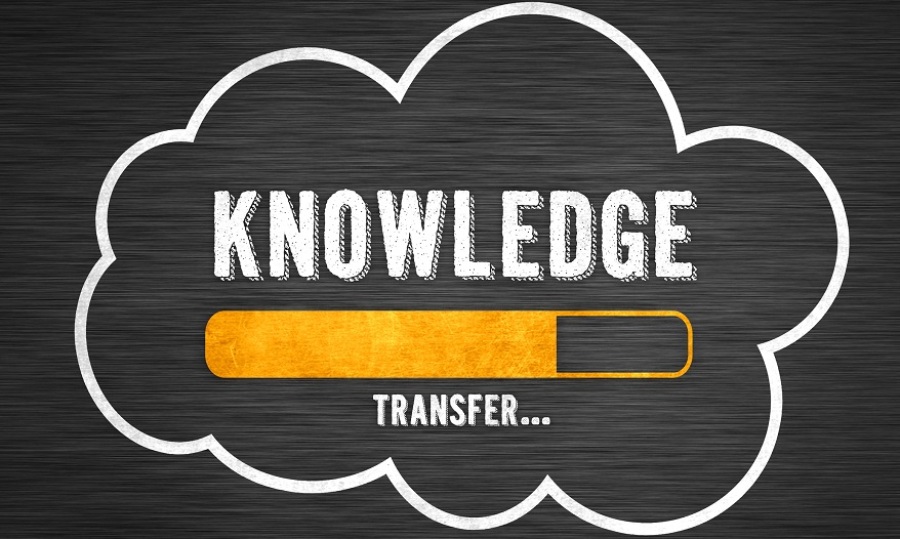🕒 Estimated Reading Time: ~3 minutes

The pandemic has undoubtedly put us in never-before-experienced situations. Large conflicts centered around a provincial health system with little national oversight or coordination. Rapid research was thwarted without deft coordination, and small stumbles became huge failures in providing access to vaccines.
What do foibles over the past year-and-a-half teach franchisees and entrepreneurs?
Well, a bit about planning and communications, certainly, but we also learned about business owners who rose to meet the challenge of continuing operations amid a health crisis. Owners flexed their problem-solving muscles to keep commerce moving forward, even without wage and business subsidies.
Let’s look at what has worked well and what we’ve learned from the pandemic (so far).
- Crises happen. It’s been a rough couple of years. Who planned for a pandemic? The chances are that sudden closures and stay-at-home orders exposed how unprepared you were for a crisis. While the lesson is fresh, take a lesson from the government’s mistakes to review communications, security, and Plan B. And then test your plan now before you need to use it.
- Don’t get boxed in. The franchises that fared best in the last year are those who could deliver their goods and services in different ways, quickly. From restaurant delivery to virtual services options, we saw owners change and expand their operations to create new revenue streams delivered in new ways.
- Local franchises build community. When small businesses were stressed, communities pitched in to support owners and employees who could not work. The crisis was worldwide, but it was locals who supported others in their town. For franchises, the community connection is vital to foster, so sow the seeds of community interdependence. You will help others, and if you ever need it, others will help you.
- Personal contact still matters. Some of us are mourning the dearth of family get-togethers we've been able to have recently. Why? Because our interactions are richer when we are face-to-face. Your work family is no different. Franchise owners welcome customers in-person with open arms (safely, of course)—not just for the revenue but because the personal interaction is meaningful.
- Time off for illness is important. It may be costly, but we have learned the hard way that sick people must not come to work. Ideally, the pandemic’s aftermath will include mandated paid time off in some form that keeps franchise workplaces healthy.
- Intelligent technology investments pay off. The rapid advance in technology use during the pandemic is staggering. Some businesses, including franchises, were left behind as competitors shifted their management and operations. Preparing for the future includes ensuring that your business is ready to serve its customers with mobile technology (or with a pad and paper). Flexibility in delivering your product or service is key.
- WFH means a home-based franchise. Home-based franchises already worked from home and were able to carry on within pandemic guidelines. Future franchise owners will weigh location more heavily as they choose a franchise industry.
Franchises have endured some significant changes this year. For some, the pandemic brought an unexpected surplus in revenue; for others, not so much. Either way, there are lessons to take away for the future. Repeat the things you did well, and use your errors to foster fresh ideas.
We are smarter from this pandemic. Next time when the unexpected occurs, we will also be more prepared.
Anne Daniells is a co-owner of Enterprising Solutions, a professional services firm specializing in corporate communication and financial improvement for businesses where she shares decades of corporate and entrepreneurial experience—including franchise ownership—in her writings on business culture. She has authored hundreds of articles for publications including AllBusiness.com, TweakYourBiz.com, and MSN.com. Reach out via her website for more on where corporate culture, communication, and human architecture collide.














